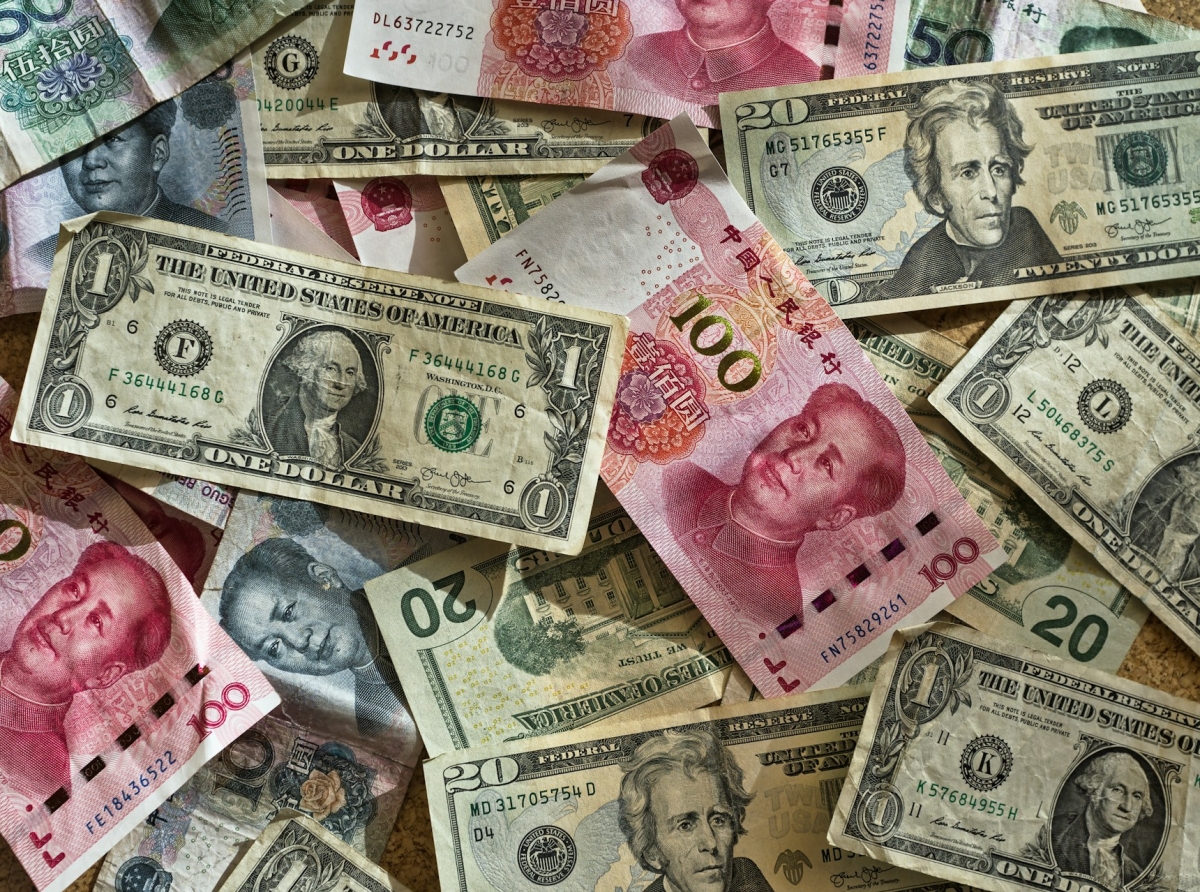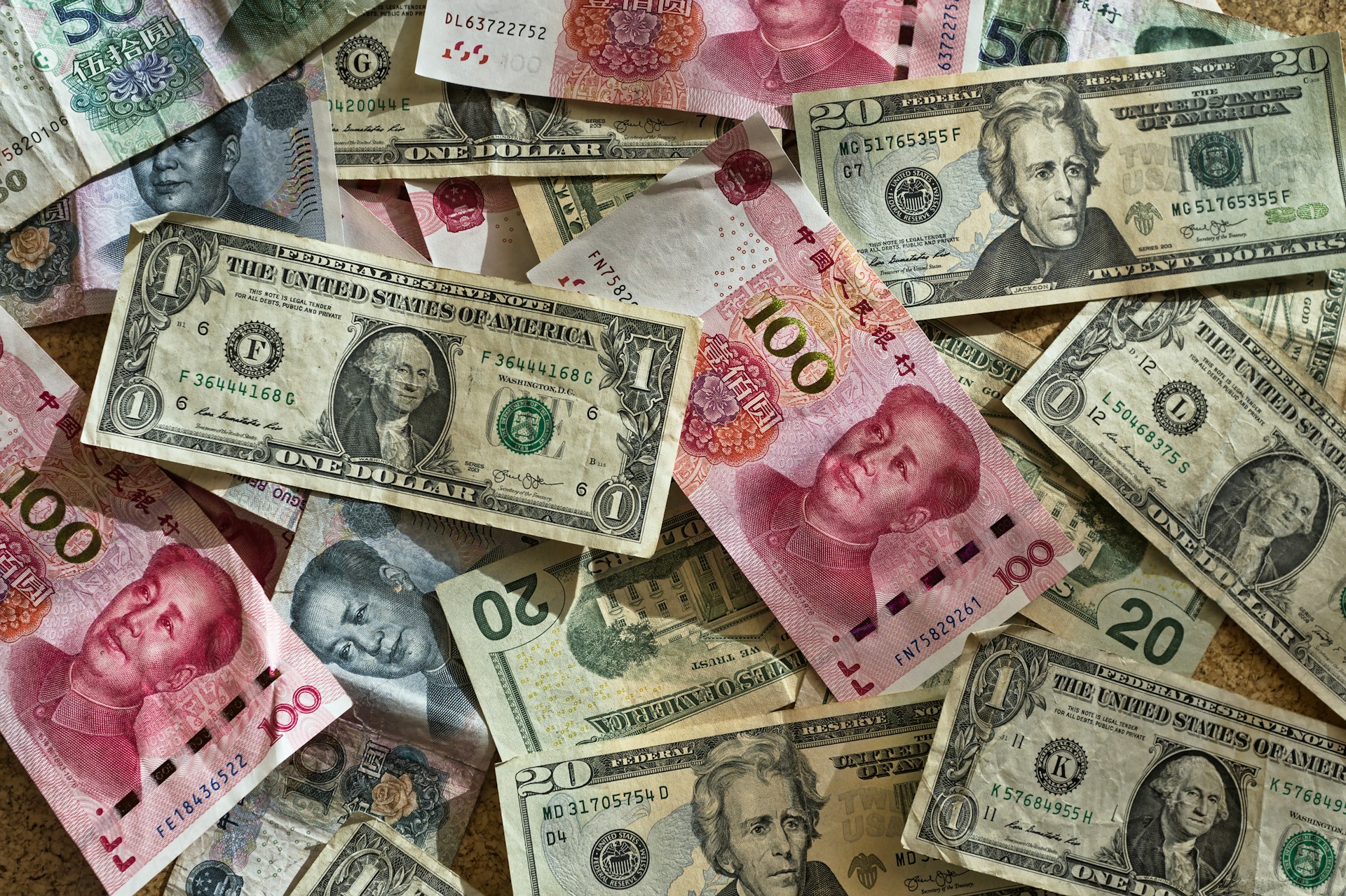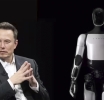Ray Dalio Warns of a Borrower-Creditor Showdown Amid US-China Trade Tensions

Ray Dalio Warns of a Borrower-Creditor Showdown Amid US-China Trade Tensions
Ray Dalio, the billionaire founder of Bridgewater Associates and one of the most influential voices in global finance, has framed the ongoing tariff war between the United States and China as a clash between debtor and creditor nations. In a recent post on social media platform X, Dalio warned that this economic confrontation is rooted in deeper structural issues, including excessive U.S. debt, trade imbalances, and shifting global monetary orders.
Dalio’s insights come amid heightened market volatility triggered by the aggressive tariff policies of the Trump administration. While many investors focus on the immediate implications of tariffs, Dalio argues that they are missing the bigger picture: the unraveling of long-standing economic systems and the potential for an impending financial collapse.
Dalio’s insights come amid heightened market volatility triggered by the aggressive tariff policies of the Trump administration. While many investors focus on the immediate implications of tariffs, Dalio argues that they are missing the bigger picture: the unraveling of long-standing economic systems and the potential for an impending financial collapse.

Ray Dalio Warns of a Borrower-Creditor Showdown Amid US-China Trade Tensions
The Debt Crisis Fueling Protectionism
At the heart of Dalio’s argument lies the unsustainable debt burden carried by the United States. He points out that the U.S., as the world’s largest borrower, relies heavily on debt to finance its extravagant spending habits. Meanwhile, creditor nations like China depend on exporting goods to debtor countries such as the U.S. This dynamic creates a fragile interdependence where both sides are vulnerable to disruptions.“Excessive debt and the reliance on borrowing to sustain consumption levels have reached critical thresholds,” Dalio explained. “These imbalances cannot persist indefinitely and will eventually need to be corrected—likely through dramatic changes to the global monetary system.”
According to Dalio, President Donald Trump’s tariff policies are partly driven by America’s desire to address these imbalances. However, rather than resolving the underlying issues, these measures risk exacerbating tensions and accelerating the breakdown of the existing economic order.
A Clash of Economic Models
Dalio describes the current U.S.-China standoff as more than just a trade dispute—it’s a reflection of the inherent conflict between borrower and creditor economies. On one side, the U.S. represents a nation addicted to deficit spending, with mounting national debt and fiscal deficits. On the other, China embodies a surplus economy that thrives on exports and foreign investments.This dynamic mirrors historical patterns where creditor nations hold significant leverage over debtor nations. Historically, such relationships often end in turmoil when debtor nations default or renegotiate terms. Dalio cautions that similar risks loom today, albeit on a much larger scale due to the interconnected nature of modern economies.
“The U.S.-China relationship is emblematic of a broader struggle between those who lend and those who borrow,” Dalio wrote. “How this tension resolves itself will shape the future of global finance and geopolitics.”
Beyond Tariffs: Broader Implications for Global Stability
Dalio emphasizes that the current trade tensions are symptomatic of wider societal and political shifts. He highlights three key trends contributing to global instability:Economic Inequality: Rising disparities in education, productivity, income, and wealth are fueling social unrest and eroding democratic institutions.
Geopolitical Fragmentation: The cooperative multilateral framework that governed international relations since World War II is giving way to unilateralism and protectionist policies, epitomized by slogans like “America First.”
Authoritarian Resurgence: As democracies face internal challenges, authoritarian regimes gain traction by capitalizing on dissatisfaction and offering alternative governance models.
These trends further complicate efforts to resolve the U.S.-China tariff war peacefully. Instead of cooperation, we see a growing divide marked by mistrust and competition.
What Lies Ahead? Predictions for Market Turmoil
Dalio predicts that unless fundamental reforms are implemented, the global economy is headed toward a major upheaval. Investors, he warns, are underestimating the likelihood of severe shocks stemming from unresolved debt crises, currency devaluations, and geopolitical conflicts.“Markets are overly focused on short-term fluctuations caused by tariffs but fail to recognize the systemic risks brewing beneath the surface,” Dalio stated. “When these risks materialize, they will catch many off guard.”
He advises investors to prepare for scenarios involving higher inflation, tighter credit conditions, and increased volatility. Diversifying portfolios, hedging against currency risks, and maintaining liquidity are essential strategies in navigating uncertain times.
Reimagining the Global Monetary Order
In his analysis, Dalio envisions a transformation of the current monetary and financial systems. The dominance of the U.S. dollar as the world’s reserve currency could diminish as nations seek alternatives to reduce dependency on American markets. Similarly, digital currencies and regional trading blocs may emerge as tools to counterbalance U.S.-led globalization.“This transition won’t happen overnight, but it’s inevitable,” Dalio concluded. “Countries will increasingly prioritize self-sufficiency and strategic autonomy over integration into a single global economy.”
Conclusion: Navigating Uncertainty in a Divided World
Ray Dalio’s warnings serve as a wake-up call for policymakers, businesses, and individual investors alike. The U.S.-China tariff war is not merely a bilateral issue; it reflects deep-rooted imbalances and contradictions within the global economic system. By recognizing the debtor-creditor dynamics at play—and preparing for the potential fallout—we can better position ourselves for the uncertainties ahead.As Dalio aptly puts it, “Change is coming, whether we’re ready for it or not.” The question remains: Will we adapt proactively, or will we find ourselves caught in the crossfire of a collapsing order?
#GlobalEconomy #USChinaTradeWar #FinancialInsights









Report
My comments